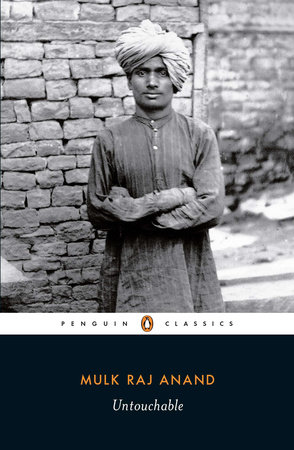
Untouchable
Mulk Raj Anand
Paperback
June 24, 2014 | ISBN 9780141393605
AmazonBarnes & NobleBooks A MillionBookshop.orgHudson BooksellersPowell'sTargetWalmart
About the Book
With precision, vitality, and a fury that earned him praise as India’s Charles Dickens, Mulk Raj Anand recreates in Untouchable what it was like to live on the fringes of society in pre-independence India. Bakha, an attractive, proud, and strong young man, is also an Untouchable, the lowest of the low in India’s caste system. A sweeper and a toilet-cleaner, he must warn others on the street of his status so that he will not pollute them with his presence. In this urgent 1935 re-creation of one day in the life of an outcast, a violent encounter leads Bakha to question his fate—and to find an answer in the unlikeliest of places.
For more than sixty-five years, Penguin has been the leading publisher of classic literature in the English-speaking world. With more than 1,500 titles, Penguin Classics represents a global bookshelf of the best works throughout history and across genres and disciplines. Readers trust the series to provide authoritative texts enhanced by introductions and notes by distinguished scholars and contemporary authors, as well as up-to-date translations by award-winning translators.


